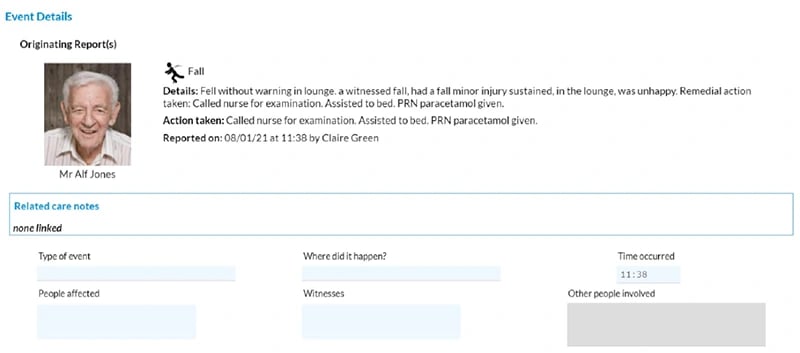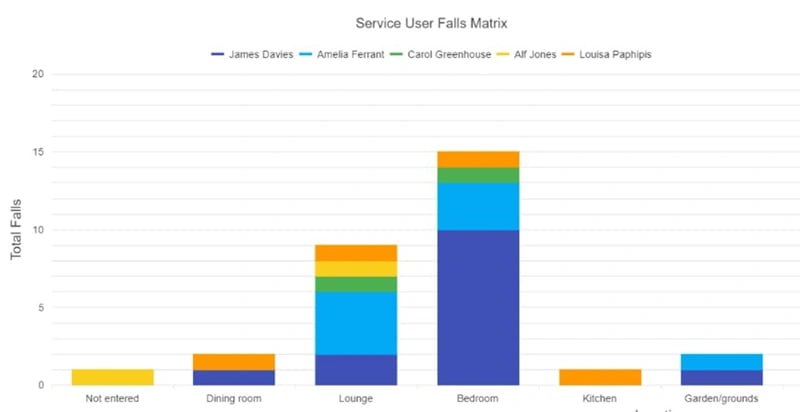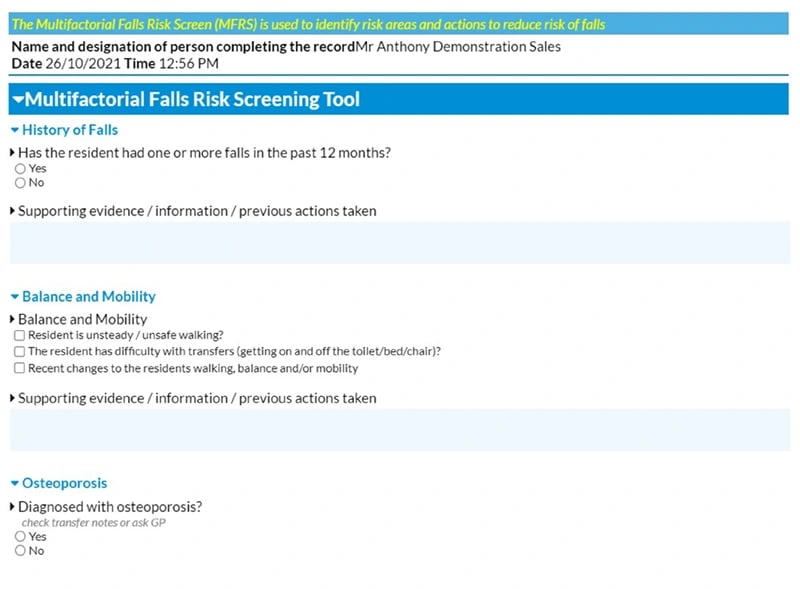Falls in a care home setting are one of the biggest challenges that staff and managers face, and the prevention of falls is something that can contribute greatly to the wellbeing, happiness and overall safety and quality of life of care home residents because it can work to minimise unnecessary injuries or worse, but it can also help care home residents live a fuller life free from feelings of anxiety, depression, lethargy or isolation that can be brought on because of falls or the fear of them happening.
But through harnessing the latest technology thanks to Person Centred Software’s digital care planning system (mCare), care homes can take every measure to ensure that the full circle of falls prevention is managed – from the managing the fall and its aftermath, to analysis and insights on what caused that fall and others, to taking preventive steps based on what has been learned to ensure they don’t happen again.









.webp?width=80&height=80&name=HTD%20Awards%202023%20Badge%20(4).webp)














